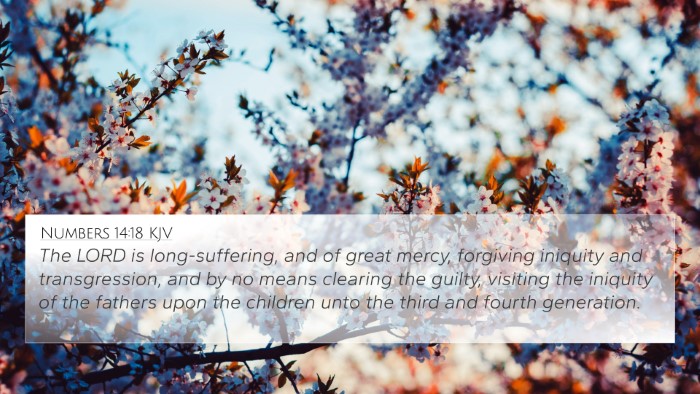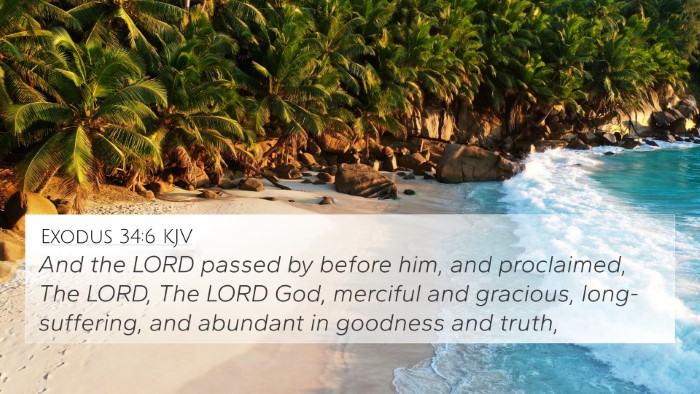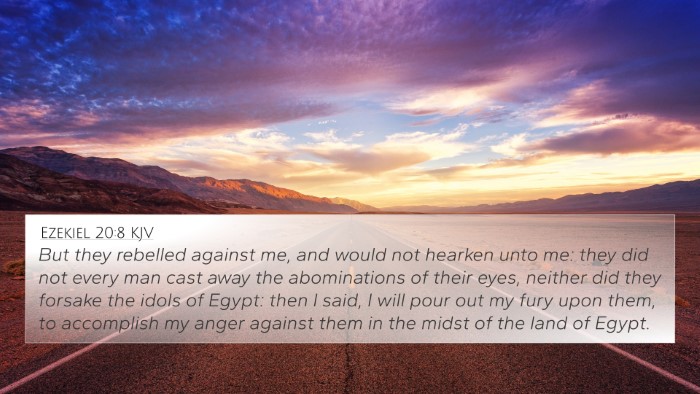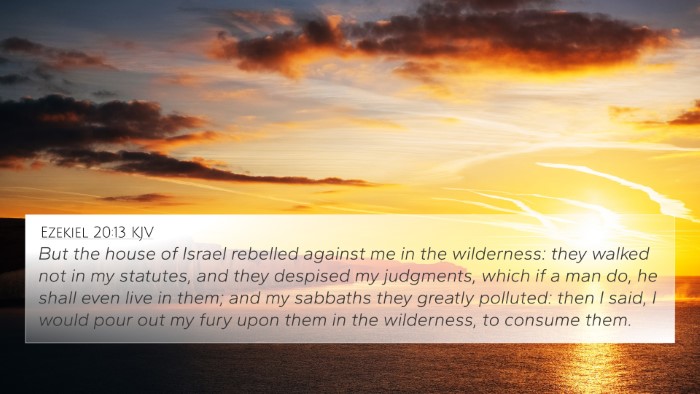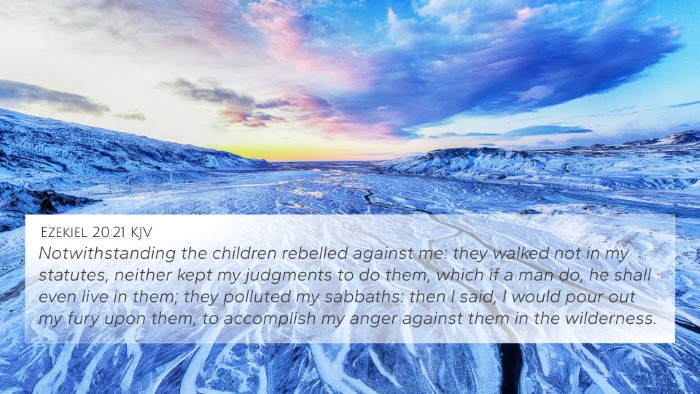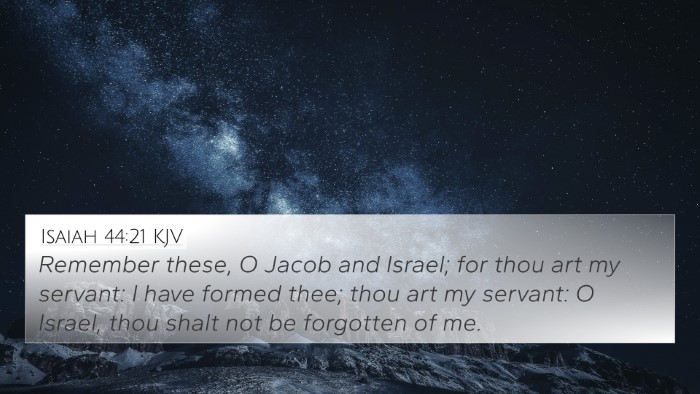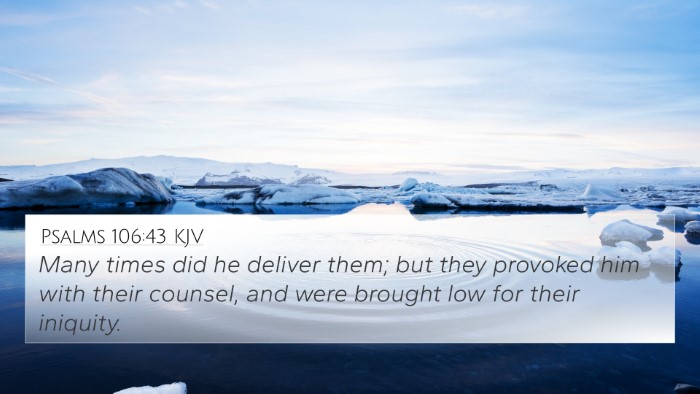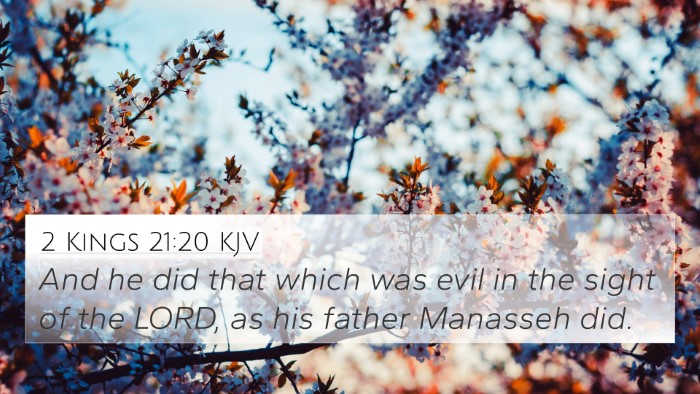Old Testament
Genesis Exodus Leviticus Numbers Deuteronomy Joshua Judges Ruth 1 Samuel 2 Samuel 1 Kings 2 Kings 1 Chronicles 2 Chronicles Ezra Nehemiah Esther Job Psalms Proverbs Ecclesiastes Song of Solomon Isaiah Jeremiah Lamentations Ezekiel Daniel Hosea Joel Amos Obadiah Jonah Micah Nahum Habakkuk Zephaniah Haggai Zechariah MalachiChapter
Psalms 1 Psalms 2 Psalms 3 Psalms 4 Psalms 5 Psalms 6 Psalms 7 Psalms 8 Psalms 9 Psalms 10 Psalms 11 Psalms 12 Psalms 13 Psalms 14 Psalms 15 Psalms 16 Psalms 17 Psalms 18 Psalms 19 Psalms 20 Psalms 21 Psalms 22 Psalms 23 Psalms 24 Psalms 25 Psalms 26 Psalms 27 Psalms 28 Psalms 29 Psalms 30 Psalms 31 Psalms 32 Psalms 33 Psalms 34 Psalms 35 Psalms 36 Psalms 37 Psalms 38 Psalms 39 Psalms 40 Psalms 41 Psalms 42 Psalms 43 Psalms 44 Psalms 45 Psalms 46 Psalms 47 Psalms 48 Psalms 49 Psalms 50 Psalms 51 Psalms 52 Psalms 53 Psalms 54 Psalms 55 Psalms 56 Psalms 57 Psalms 58 Psalms 59 Psalms 60 Psalms 61 Psalms 62 Psalms 63 Psalms 64 Psalms 65 Psalms 66 Psalms 67 Psalms 68 Psalms 69 Psalms 70 Psalms 71 Psalms 72 Psalms 73 Psalms 74 Psalms 75 Psalms 76 Psalms 77 Psalms 78 Psalms 79 Psalms 80 Psalms 81 Psalms 82 Psalms 83 Psalms 84 Psalms 85 Psalms 86 Psalms 87 Psalms 88 Psalms 89 Psalms 90 Psalms 91 Psalms 92 Psalms 93 Psalms 94 Psalms 95 Psalms 96 Psalms 97 Psalms 98 Psalms 99 Psalms 100 Psalms 101 Psalms 102 Psalms 103 Psalms 104 Psalms 105 Psalms 106 Psalms 107 Psalms 108 Psalms 109 Psalms 110 Psalms 111 Psalms 112 Psalms 113 Psalms 114 Psalms 115 Psalms 116 Psalms 117 Psalms 118 Psalms 119 Psalms 120 Psalms 121 Psalms 122 Psalms 123 Psalms 124 Psalms 125 Psalms 126 Psalms 127 Psalms 128 Psalms 129 Psalms 130 Psalms 131 Psalms 132 Psalms 133 Psalms 134 Psalms 135 Psalms 136 Psalms 137 Psalms 138 Psalms 139 Psalms 140 Psalms 141 Psalms 142 Psalms 143 Psalms 144 Psalms 145 Psalms 146 Psalms 147 Psalms 148 Psalms 149 Psalms 150Verse
Psalms 78:1 Psalms 78:2 Psalms 78:3 Psalms 78:4 Psalms 78:5 Psalms 78:6 Psalms 78:7 Psalms 78:8 Psalms 78:9 Psalms 78:10 Psalms 78:11 Psalms 78:12 Psalms 78:13 Psalms 78:14 Psalms 78:15 Psalms 78:16 Psalms 78:17 Psalms 78:18 Psalms 78:19 Psalms 78:20 Psalms 78:21 Psalms 78:22 Psalms 78:23 Psalms 78:24 Psalms 78:25 Psalms 78:26 Psalms 78:27 Psalms 78:28 Psalms 78:29 Psalms 78:30 Psalms 78:31 Psalms 78:32 Psalms 78:33 Psalms 78:34 Psalms 78:35 Psalms 78:36 Psalms 78:37 Psalms 78:38 Psalms 78:39 Psalms 78:40 Psalms 78:41 Psalms 78:42 Psalms 78:43 Psalms 78:44 Psalms 78:45 Psalms 78:46 Psalms 78:47 Psalms 78:48 Psalms 78:49 Psalms 78:50 Psalms 78:51 Psalms 78:52 Psalms 78:53 Psalms 78:54 Psalms 78:55 Psalms 78:56 Psalms 78:57 Psalms 78:58 Psalms 78:59 Psalms 78:60 Psalms 78:61 Psalms 78:62 Psalms 78:63 Psalms 78:64 Psalms 78:65 Psalms 78:66 Psalms 78:67 Psalms 78:68 Psalms 78:69 Psalms 78:70 Psalms 78:71 Psalms 78:72



